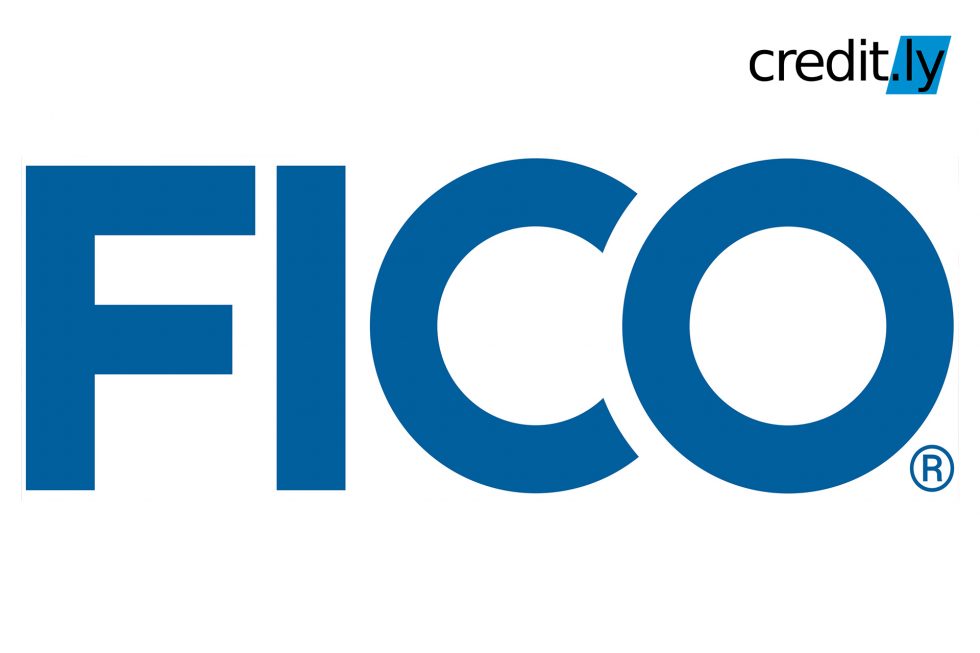Have you heard of the word “FICO”? This funny-sounding word is more important than you think when it comes to your Credit Score.
The FICO credit score is a credit score developed by FICO. A company that specializes in what’s known as “predictive analytics,” which means they take information and analyze it to predict what’s likely to happen.
In the case of credit scores, FICO looks at a range of credit information and uses that to create scores that help lenders predict consumer behaviour. Behaviors such as how likely someone is to pay their bills on time (or not). Or whether they are able to handle a larger credit line.
Lenders need to understand if you are a credit risk before approving you for that credit card or auto loan. Scores developed by FICO can also be used to forecast which accounts are most likely to end up included in bankruptcy or which ones will be most profitable. And credit-based insurance scores, which they also create, are used to help insurance companies identify which customers are least likely to file claims.
What Does the Word FICO Stand For?
The acronym FICO comes from the company’s original name, the Fair Isaac Co. These words were shortened to FICO and finally became the company’s official name several years ago.
To create credit scores, they use information provided by one of the three major credit reporting agencies — Equifax, Experian or TransUnion. However, FICO itself is not a credit reporting agency.
Though a FICO credit score is the most widely used among lenders, there are other scores lenders can choose from. Scores lenders such as the VantageScore, which is becoming more widely used.
What is the FICO Score Range?
There are actually dozens of FICO scores, with each version serving a different purpose (more on that later). Generally, the FICO score range is 300 to 850, with the higher number representing less risk to the lender or insurer.
What Is Considered a Good FICO Score?
Consumers with excellent FICO scores are likely to get the best rates when they borrow. As well as the best discounts on insurance. (Usually between 700- 760 fico score range or higher, though every lender has different standards.)
What’s Goes Into FICO Scores?
Five main factors go into FICO scores, and they each have a different effect on your score. Here’s the breakdown:
- Payment history (35% of the FICO score)
- Debt/amounts owed (30%)
- Age of credit history (15%)
- New credit/inquiries (10%)
- Mix of accounts/types of credit (10%)
All these factors are considered in other credit score models. So it’s safe to say that if you have a good FICO score, you likely have a strong score with other models as well. However, the weight of these categories can vary for some people.
For example, people who haven’t been using credit for very long will be factored differently than those with a longer credit history, according to FICO. So, the importance of any one of these factors depends on the overall information in your credit report.
That’s why it’s a good idea to not get too hung up on the specific number of your credit score. Instead, focus on what areas of your credit are strong and which ones you might want to work on to better achieve a good FICO score.
What’s Not in My FICO Score?
While FICO considers a wide range of information to come up with your credit scores, there is a lot of information that is not used. According to FICO, the scores do not consider anything that isn’t on your credit report. This includes your race, religion, national origin, sex, marital status and age.
Here are some other things that FICO says it does not factor into its scores:
Participation in a credit counseling program
- Employment information, including your salary, occupation, title, employer, date employed or employment history
- Where you live
- The interest rates on your credit accounts
- “Soft” inquiries (requests for your credit report), which include requests you make to see your own credit reports or scores
- Any information that has not been proven to be predictive of future credit performance
Is There Just One FICO Score?
FICO has dozens of credit score models. Some are specific to what the consumer is applying for. For example, If you’re applying for an auto loan, your potential creditor may use a FICO score formula. That formula gives significant weight to your history of making auto loan payments. Other models are customized for FICO’s clients.
Additionally, FICO updates its general formulas from time to time, with the most recent being the FICO 9 rollout in 2014. Paid collection accounts are not factored into FICO 9 scores. And unpaid medical collections have less of a negative impact on credit scores. This is in comparison to other credit scoring models and previous FICO algorithms.
A Few More Facts About FICO Scores
A lesser-known fact about FICO scores is that some people don’t have them at all. To generate a credit score, a consumer must have a certain amount of available information.
For example, to generate FICO scores: The consumer should have at least one account that has been open for six or more months. And at least one account that has been reported to the credit reporting agencies over the last six months.
Did you know that it is also possible to achieve a perfect FICO score? The best FICO score a consumer can have is an 850, and that number has been reached by only about 0.5% of consumers that practiced better credit behavior.
Good behaviours to follow to help you reach your FICO score goals of 850 are: Paying all your bills on time. Not carrying your credit card balances month to month. And not opening multiple accounts.
Each of the three major credit bureaus will generate their own FICO scores. It is recommended that you look at each credit report from Equifax, Experian, and TransUnion because the FICO score for each may vary slightly. You may also find that there is more than one FICO score available from each reporting agency.
FICO SBSS
FICO scores are not just for individuals either. Small businesses also have their own FICO scores. And these scores are what banks and other financial institutions use to help determine if they should lend to a business or not.
The FICO SBSS is the small business FICO Score (FICO Small Business Scoring Service) and counts as one of three main business credit scores. These FICO scores range from 0 to 300 and like regular FICO scores, the higher the sbss score, the better.
To calculate a FICO SBSS, the personal and business credit history is considered alongside other financial information, such as payment history to vendors and suppliers. These scores can then be used to prescreen or determine loan terms and credit amounts that could reach more than one million dollars.
If a small business would like to improve their FICO score, then they should take a closer look at their personal credit history. This while they take positive steps to begin to build business credit.
FICO Score Versus VantageScore
Like FICO scores, VantageScores are also utilized by all three of the major credit reporting agencies. The VantageScore credit score is another scoring model that was actually developed by TransUnion, Equifax, and Experian.
Both scoring models use much of the same information to calculate scores. FICO bases their model off the reports from the three credit bureaus to come up with one formula. They both use a scoring model with scores ranging between 300 and 850.
VantageScore is most often used if the individual does not have an adequate credit history, while FICO is used if there is a history of at least six months or more. VantageScore credit scores are given to people who don’t qualify to receive a FICO credit score due to their short or nonexistent credit history.
In addition to a FICO score and VantageScore, you can also find a TransRisk Score. This score is also a three-digit number on a scoring model of 300 to 850. The TransRisk Score, however, is found with information on a TransUnion credit report and is not often used by lenders.
How to Get Your Credit Score
With a free Credit.ly account, you get your free credit scores. This is not a trial offer; there is nothing to cancel, and you won’t be asked for your credit card information. You can also purchase a FICO score online, and some credit card companies also provide free credit scores with an account or on your regular statement.
Knowledge is power, and with Creditly on your side, you’ll have what it takes to get ahead. Learn all you can by visiting the Free Credit Resources Page.
[/et_pb_text][/et_pb_column][/et_pb_row][/et_pb_section]









